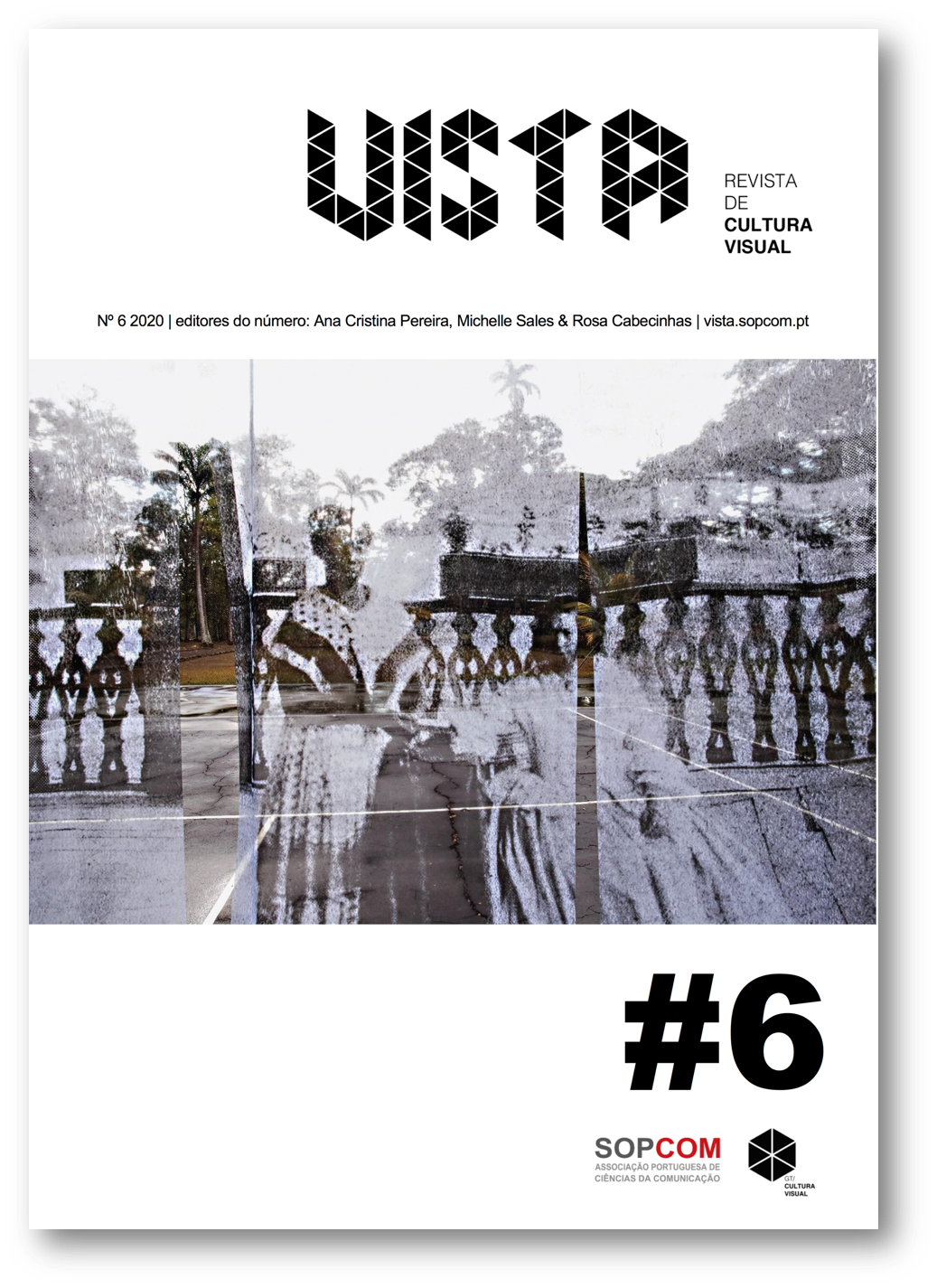Is there, for the black person, only one destiny? A psychoanalytical approach
DOI:
https://doi.org/10.21814/vista.3056Keywords:
Blackness, racism, psychoanalysis, image, subjective constitutionAbstract
This paper intends to think about how racism interferes in building the image of the black person in the process of subjective constitution, in its articulation with the discourse of the Other, as conceived by Jacques Lacan in his work, namely, as unconscious and its manifestations at the cultural level and at the level of the social bond. To this end, we will refer to the theoretical elaborations of Neusa Santos Souza, Frantz Fanon, and Grada Kilomba, authors who undertook, each in their own time and their respective readings and social contexts, powerful reflections on racism from a psychoanalysis standpoint. Through the conception of language as proposed by Lacan and the concept of blackness in Munanga, we indicate how the issue updates itself in Brazil today. To conclude, understanding that there is psychic suffering engendered by this mode of segregation, we suggest alternatives and ways that articulate the empowerment of the subject that crosses and is at the same time crossed by the collective.
Downloads
References
Berth, J. (2019). Empoderamento. São Paulo: Sueli Carneiro; Polén.
Capécia, M. (1948). Je suis Martiniquaise. Paris: Corrêa.
Costa, J. F. (1983). Da Cor ao Corpo: a Violência do Racismo. In Souza, N. S. (Ed.) Tornar-se Negro: As Vicissitudes da Identidade do Negro Brasileiro em Ascensão Social (pp.1-16). Rio de Janeiro: Edições Graal.
Fanon, F. (2008). Pele Negra e Máscaras Brancas. Salvador: EDUFBA.
Kilomba, G. (2019). Memórias da Plantação: Episódios de Racismo Cotidiano. Rio de Janeiro: Cobogó.
Lacan, J. (1995). O seminário, livro 4: a relação de objeto. Rio de Janeiro: Jorge Zahar.
Lacan, J. (1998). Escritos. Rio de Janeiro: Editora Zahar.
Lacan, J. (2003). Televisão. In J. Lacan (Ed.), Outros escritos (pp. 508-544). Rio de Janeiro: Jorge Zahar.
Mbembe, A. (2018). Necropolítica. Rio de Janeiro: N-1 Edições.
Miller, J. A. (2010). Le salut par le déchet. Mental: Clinique et pragmatique de la désinsertion en psychanalyse, n° 24, 9-15.
Munanga, K. (1990). Negritude afro-brasileira: perspectivas e dificuldades. Revista De Antropologia, 33, 109-117. Retrieved from: http://www.revistas.usp.br/ra/issue/view/8417/587
Munanga, K. (2004). Programa de Educação Sobre o Negro na Sociedade Brasileira. Niterói: EDUFF.
Munanga, K. (2017). Ambiguidades do Racismo à brasileira. In N. M. Kon; M. L. da Silva; C. C. Abud (orgs). O Racismo e o Negro no Brasil: Questões para a Psicanálise (pp.33- 45). São Paulo: Perspectiva.
National Park Service, Women’s Rights National Historical Park (2017, 17 November). Sojourner Truth, Ain’t I A Woman, Women's Rights Convention, Old Stone Church, Akron, Ohio, 1851. Retrieved from https://www.nps.gov/articles/sojourner-truth.htm
Nogueira, I. B. (1998). Significações do Corpo Negro. PHD Thesis. Universidade de São Paulo, Brazil. Retrieved from: http://www.ammapsique.org.br/baixe/corpo-negro.pdf
Schwarcz, L, M. (1996). Ser peça, ser coisa: definições e especificidades da escravidão no Brasil. In L. M. Schwarcz & L.V.S. Reis (Eds.) Negras Imagens (pp. 11-29). São Paulo: EDUSP
Silva, M. L. da (2017). Racismo no Brasil: Questões para Psicanalistas Brasileiros. In N. M. Kon; M. L. da Silva; C. C. Abud (orgs). O Racismo e o Negro no Brasil: Questões para a Psicanálise (pp. 71-91). São Paulo: Perspectiva.
Souza, N. S. (1983). Tornar-se Negro: As Vicissitudes da Identidade do Negro Brasileiro em Ascensão Social. Rio de Janeiro: Edições Graal.
Downloads
Published
How to Cite
Issue
Section
License

This work is licensed under a Creative Commons Attribution 4.0 International License.
Authors own the copyright, providing the journal with the right of first publication. The work is licensed under a Creative Commons Attribution 4.0 International License.













